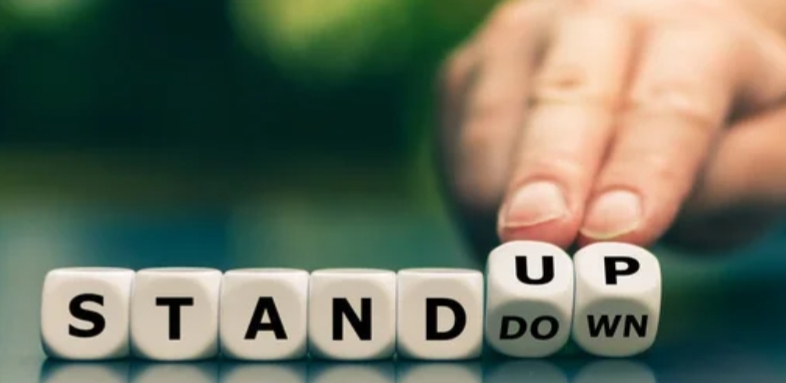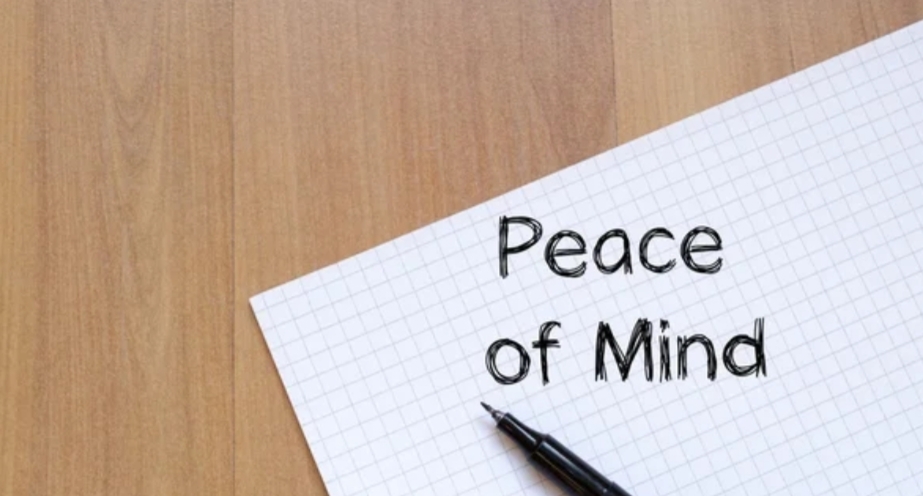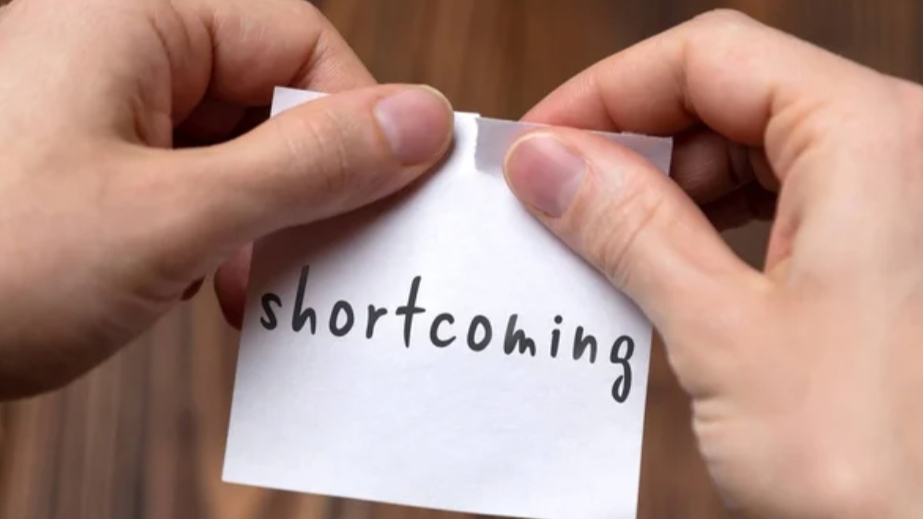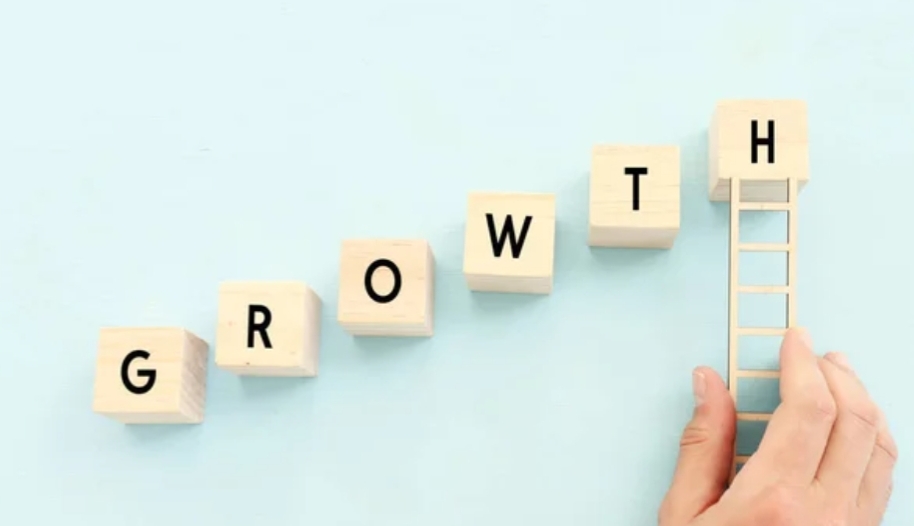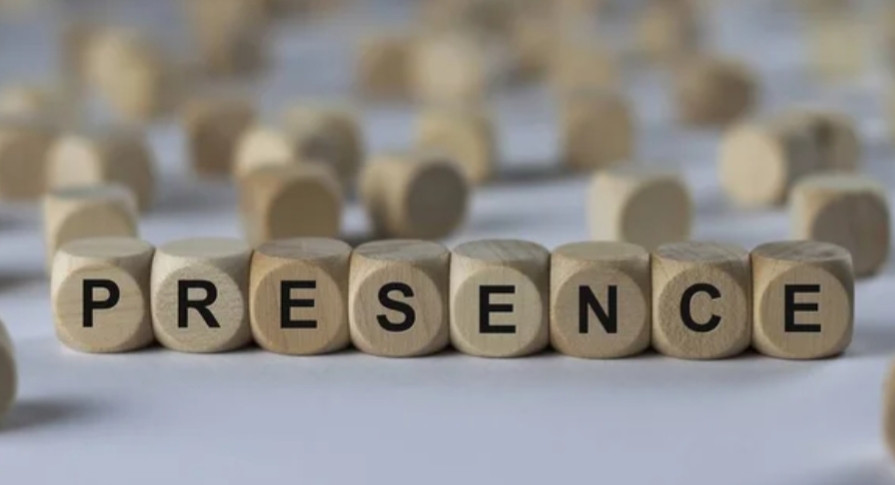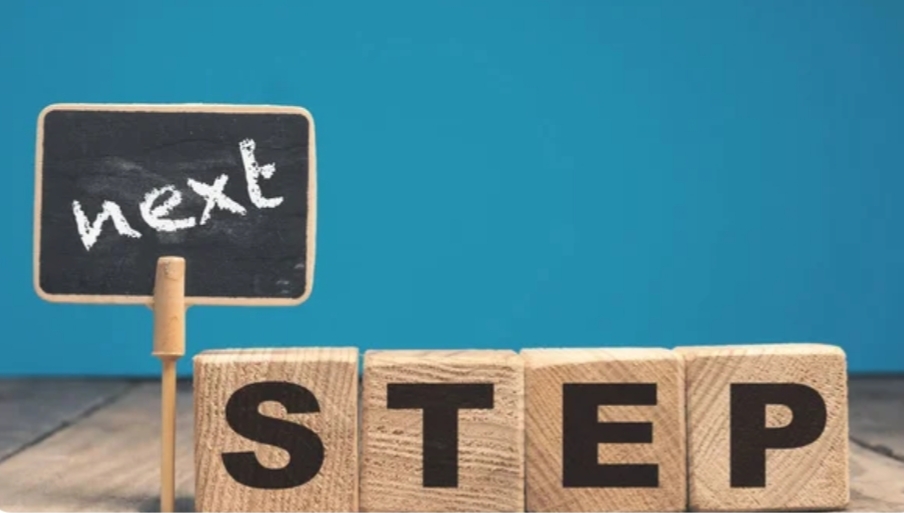
Life is a perpetual forward motion. From the moment we are born, we are constantly progressing—growing, learning, evolving. Yet, this inherent progress, while necessary and often exhilarating, comes with an undeniable truth: when you move ahead, something gets left behind.
This isn’t a statement of regret, but a recognition of the fundamental mechanics of change and growth. Every step into a new future requires a separation from a former present.
The Inevitable Cost of Growth
The things we leave behind are not always material. More often, they are intangible yet profound:
- Past Selves: The ‘you’ of five years ago, with their specific beliefs, habits, and insecurities, must be left behind for the ‘you’ of today in order to emerge. This past self, perhaps simpler or less burdened, becomes a memory necessary for the current iteration in order to thrive.
- Comfort Zones: Advancing in a career, starting a new venture, or relocating to a new city means stepping out of familiar, safe territory. The comfort and predictability of the old zone are sacrificed for the potential and uncertainty of the new one.
- Relationships and Connections: As our paths diverge, certain friendships, associations, or even relationships fade. This might be due to geographical distance, a change in priorities, or simply the realization that some people were meant for a specific chapter, not the whole book.
- Old Dreams and Expectations: Sometimes, moving forward means acknowledging that a long-held dream is no longer the right one, or that a cherished expectation must be revised. The freedom of the new path is purchased with the acceptance that the old vision is now obsolete.
The Weight of Nostalgia and the Value of Letting Go
The act of leaving things behind often carries a mix of emotions—a tinge of nostalgia for the innocence of youth, the ease of a simpler time, or the vibrancy of a lost connection. This feeling is natural and important as it allows us to honor the past without being tethered to it.
However, the key to truly moving ahead is to differentiate between honoring and clinging.
- Clinging to what is left behind is the anchor that prevents progress. It manifests as perpetual ‘what ifs,’ a fear of change, or an inability to embrace the opportunities of the present moment.
- Letting Go is the essential act of acknowledging the value of the past—what it taught us. How it shaped us—and then willingly placing it in the realm of memory. Therefore, it is a necessary shedding, like a snake shedding its skin to allow for growth.
Making the “Left Behind” a Foundation
The things we leave behind are never truly gone; they transform into the foundation upon which our new reality is built.
The struggles of the past inform the resilience of the present. The relationships we outgrew taught us how to connect deeply. The mistakes we made are the hard-won wisdom that guides our future decisions.
Embracing this reality means accepting that the void created by what is left behind is not an emptiness to be feared, but a space to be filled with new experiences, people, and growth.
Moving ahead is not about escaping the past; it is about integrating its lessons while shedding its limitations. It is a conscious choice to carry the essence of our journey forward, even as the form and circumstances change. In the end, the beautiful paradox of life is that we can only truly appreciate where we are going by occasionally glancing back and acknowledging, with gratitude, everything and everyone we had to leave behind.

